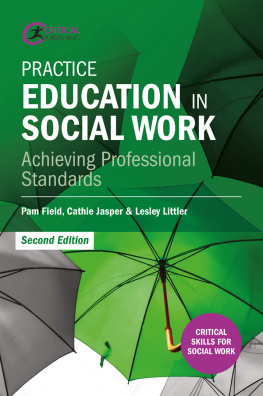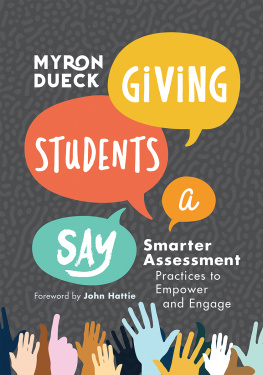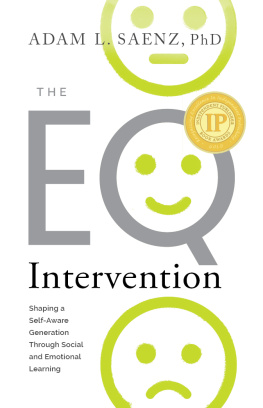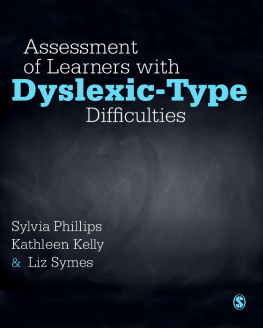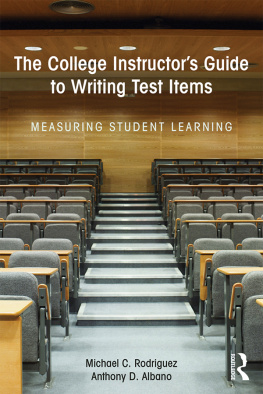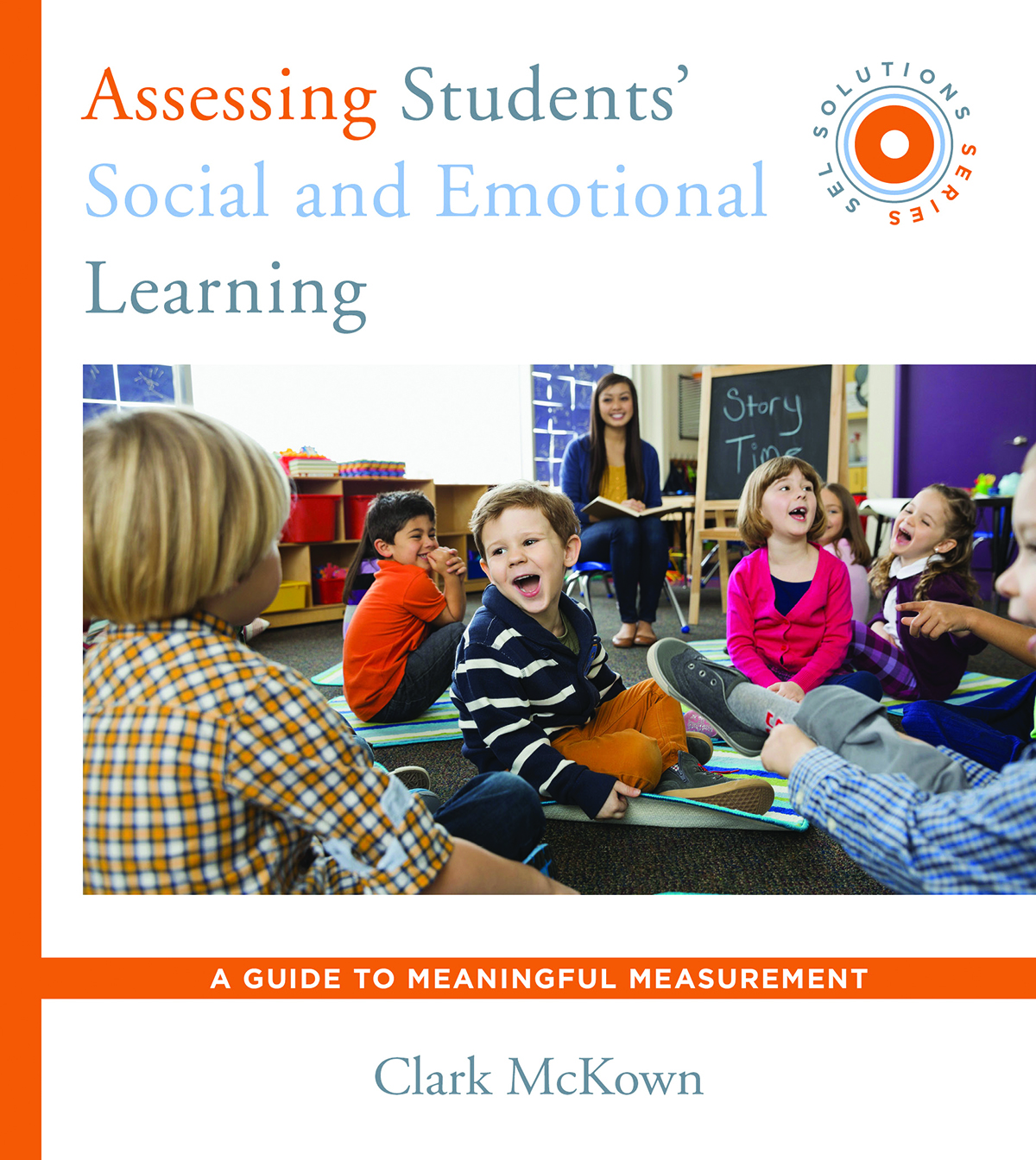Table of Contents
Guide
Page List
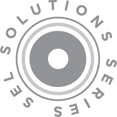
THE NORTON SERIES ON SOCIAL EMOTIONAL LEARNING SOLUTIONS
PATRICIA A. JENNINGS, SERIES EDITOR
Mindfulness in the Secondary Classroom: A Guide for Teaching Adolescents
Patricia C. Broderick
SEL Every Day: Integrating Social and Emotional Learning with Instruction in Secondary Classrooms
Meena Srinivasan
Assessing Students Social and Emotional Learning: A Guide to Meaningful Measurement
Clark McKown
Mindfulness in the PreK5 Classroom: Helping Students Stress Less and Learn More
Patricia A. Jennings
Preventing Bullying in Schools: A Social and Emotional Learning Approach to Early Intervention
Catherine P. Bradshaw and Tracy Evian Waasdorp
NORTON BOOKS IN EDUCATION
Advance Praise
This is the best book I have read on practical approaches to assess students social and emotional learning (SEL). It informs district and school administrators, teachers, and student-support personnel on how to measure students social and emotional strengths and to use data to enhance students behavior and school success. This is a valuable pre-service and in-service training resource for practitioners who implement school-family strategies to measure and promote SEL.
Roger P. Weissberg, Ph.D., Chief Knowledge Officer, Collaborative for Academic, Social, and Emotional Learning (CASEL), UIC Distinguished Professor Emeritus of Psychology, University of Illinois at Chicago
If we take the importance of SEL skills seriously, we must find ways to assess these skills and provide teachers and leaders with accurate and actionable data. This book offers practical advice that can help leaders choose the right SEL assessment tools and, most importantly, use them in ways that can transform students daily experiences in the classroom. A must-read for any leader working on SEL reforms!
Bridget Hamre, Ph.D., Research Associate Professor, University of Virginia, author of The Classroom Assessment Scoring System (CLASS)
Clark McKown provides an outstanding overview of why assessing SEL is so important. In doing so he has created a much-needed practical guide for educators and parents on why we should assess SEL, what we might assess, how we can assess, and how we can use the information that is generated. Bravo!
Paul Goren, Ph.D., Superintendent of Schools, Evanston/Skokie (IL) District 65 and Board Member of CASEL and the New Teachers Center
Dr. McKown has done it! This book provides clear and specific guidance to assess social and emotional learning skills for our students. A meaningful and astute must-read for any school principal or district level leader struggling with the next steps to support intentional work in SEL. I wish wed had this resource as we started our journey several years ago!
Catherine Wang, Ed.D., Superintendent of Schools, Glencoe District 35
Assessing Students Social and Emotional Learning
A Guide to Meaningful Measurement
Clark McKown

A Norton Professional Book
This e-book contains some places that ask the reader to fill in questions or comments. Please keep pen and paper handy as you read this e-book so that you can complete the exercises within.
Note to Readers: Models and/or techniques described in this volume are illustrative or are included for general informational purposes only; neither the publisher nor the author(s) can guarantee the efficacy or appropriateness of any particular recommendation in every circumstance.
For Beth and Kate

Contents

T HE SOCIAL AND EMOTIONAL LEARNING SOLUTIONS (SEL SOLUTIONS) SERIES features compact books for educators focused on recommended SEL practices from experts in the field. Cutting-edge research continues to confirm that teaching students social and emotional skills pays off in improved behavior and academic learning that continues into adulthood as success in life. The books are intended to provide school leaders and classroom teachers with SEL tools and strategies that are grounded in research yet highly accessible, so readers can confidently begin using them to transform school culture, improve student behavior, and foster learning with the proven benefits of SEL.
I am delighted to introduce Clark McKowns new book Assessing Students Social and Emotional Learning. As a former teacher and school leader, I questioned my informal assessments of my students social and emotional skills. For example, I might think It seems like hes really having trouble making friends, but I think maybe one of the other kids is bullying him when Im not looking. Im going to have to watch them more closely. Or, She seems emotionally immature for her age, but maybe shes having other problems at home. I need to speak to her parents, but Im not sure what to say.
As I transitioned into teacher education, the importance of social and emotional development was just beginning to be recognized in the field of education. My early bias emphasized academic learning over social and emotional learning. However, when I became a parent, I saw firsthand how our sons academic success actually depended upon his social and emotional skills. I shifted the focus of my work on social and emotional development and found a growing field of practice and research that was just beginning to be articulated. During these early phases, I found the contrasting and overlapping theoretical models and frameworks were confusing. As a practitioner, it was difficult to review the research to learn how best to apply it to improving practice. It was even more difficult to figure out how to assess SEL.
When I became a researcher, I began to explore assessment issues from a research perspective. As a former teacher, it became all too clear that education researchers often miss the mark on understanding how assessment can be most helpful for those who need it for improving practice, not just conducting basic research. When I discovered Clark McKowns work, I was thrilled that he had worked so closely with educators to make his work relevant to improving practice and at the same time conducting rigorous research. As soon as this series was initiated, I invited him to contribute a book on assessment.
Assessing Students Social and Emotional Learning exceeds my already-high expectations. Written in a friendly, accessible style with anecdotes from personal experience, the book synthesizes what we know about best practices in high-impact SEL assessment and offers step-by-step guidance for school leadership and educators. McKown applies a strength-based approach that considers SEL skills within the framework of a multi-tiered system of support (MTSS).
The book will not only help educators understand what SEL skills are and which skills matter most in the school context, but will also provide a roadmap for deciding on assessment goals and choosing tools to help achieve them. Importantly, the book provides guidance on how to define skills in such a way that they can be easily assessed, and on how to interpret and use assessment data for continuous improvement. As both a parent and an educator, I appreciate the chapter on building supportive partnerships with parents, to engage them in the process.


